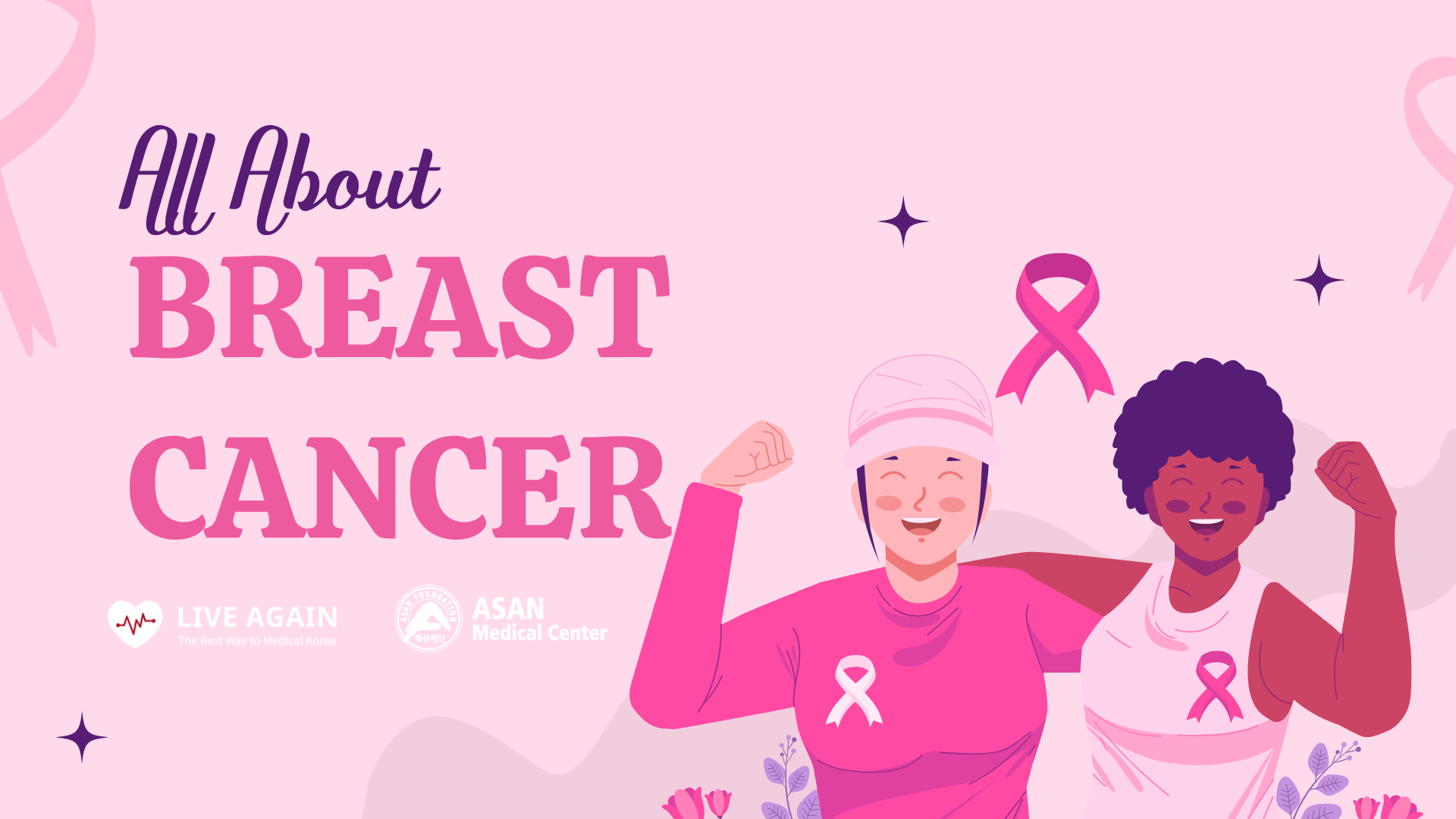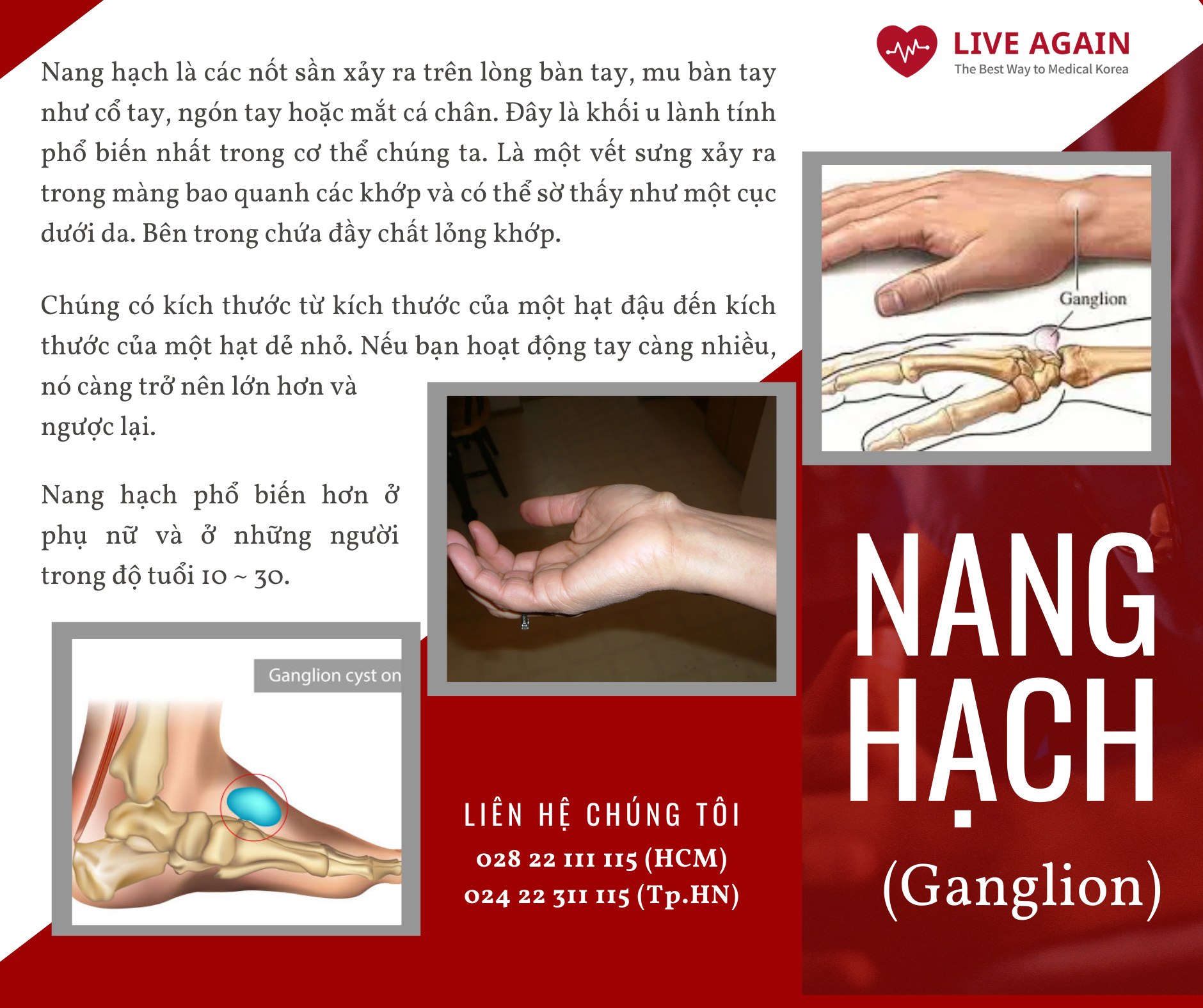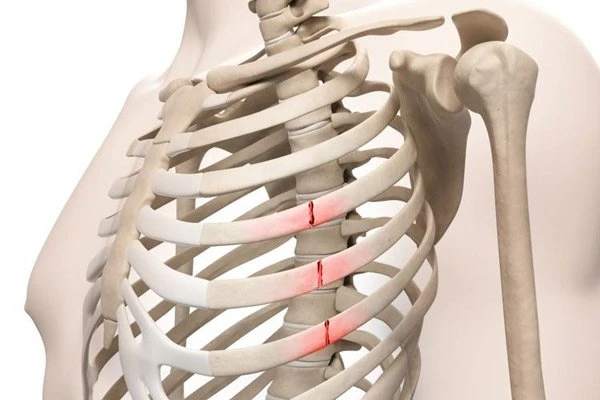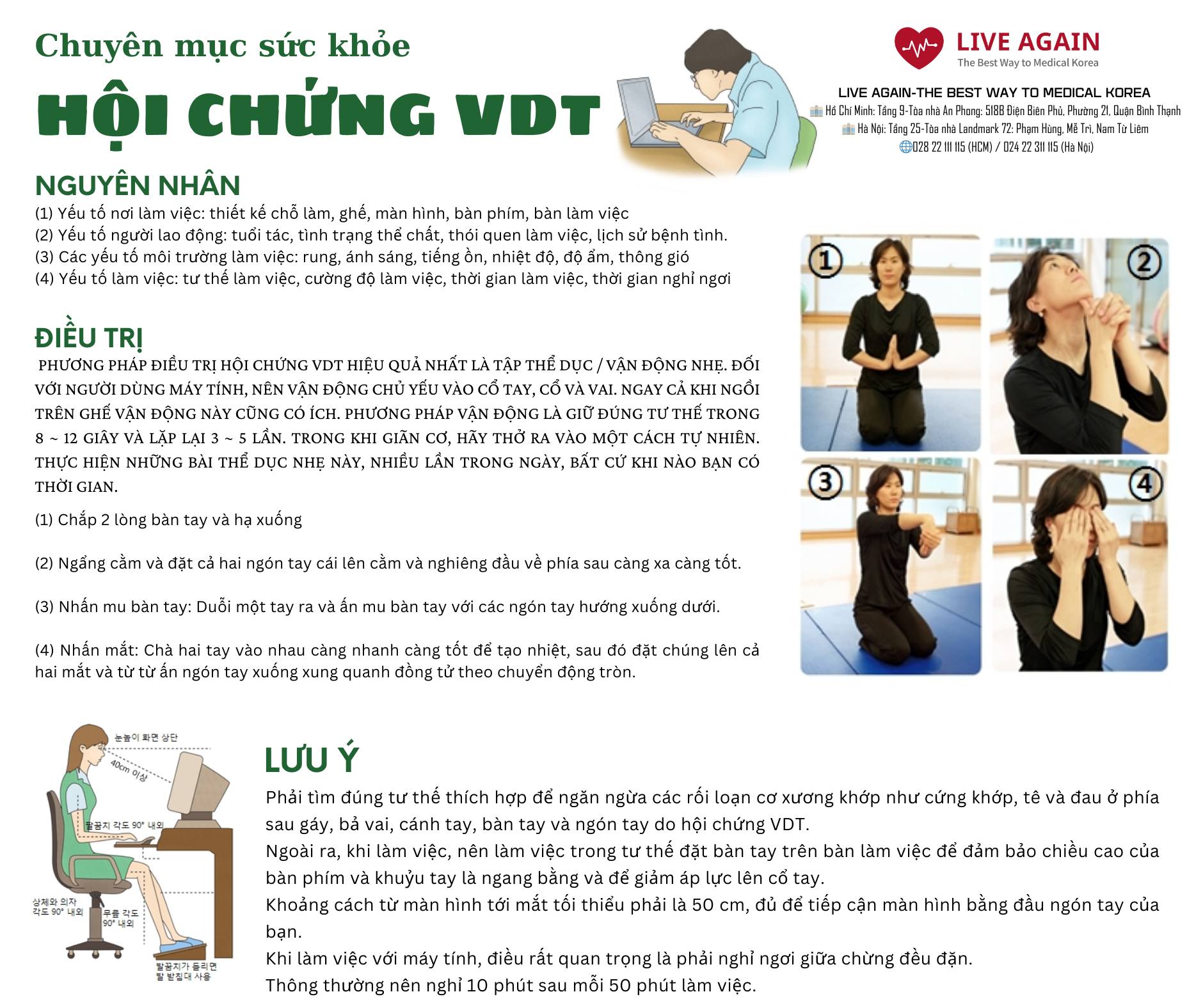- What is hypoglycemia?
Hypoglycemia is a condition in which blood sugar levels are lower than normal. Generally, when blood sugar is below 50 mg/dL (the blood sugar level of a normal person is 60 to 120 mg/dL when fasting and under 140 mg/dL two hours after eating). However, each person has different blood sugar levels, so the symptoms of hypoglycemia can also vary. Therefore, it cannot be assumed that everyone is experiencing hypoglycemia when the level is below 50 mg/dL.
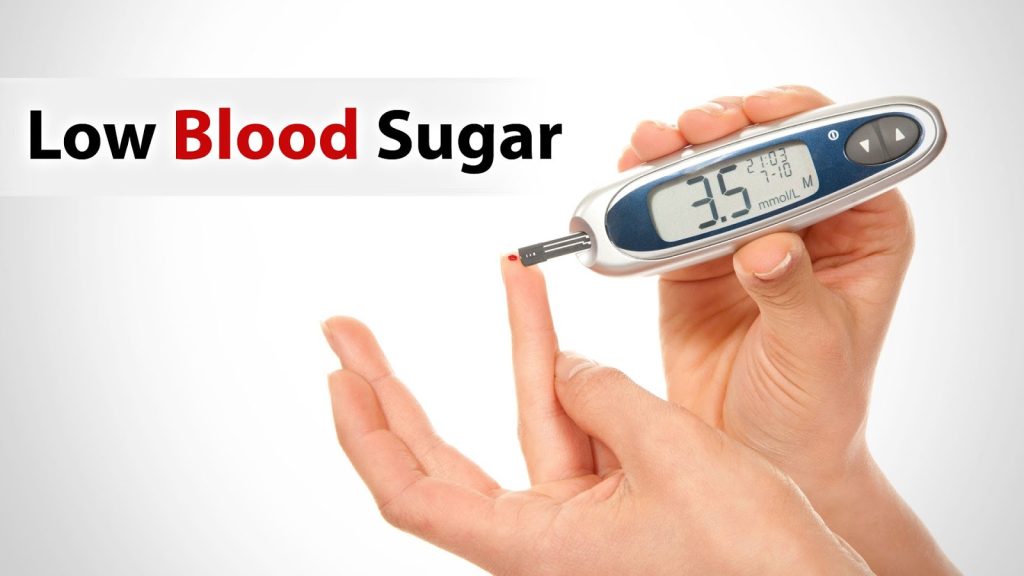
- Causes of hypoglycemia
Common causes of hypoglycemia include individuals who use oral hypoglycemic agents or insulin and consume less food than usual (skipping meals, vomiting due to overeating leading to indigestion) or engage in excessive physical activity and exercise. On the other hand, hypoglycemia can also occur if you eat and exercise normally but accidentally overdose on insulin or oral hypoglycemic medications.
Hypoglycemia can also result from alcohol consumption, the use of certain hypoglycemic medications, severe physical illness, hormone deficiencies such as corticosteroids or glucagon, insulin-producing pancreatic tumors, autoimmune diseases related to insulin, patients who have undergone gastrectomy, and hereditary carbohydrate metabolism disorders, among others.
- Symptoms of hypoglycemia
Symptoms of hypoglycemia include lack of energy, tremors, pallor, night sweats, dizziness, agitation, anxiety, rapid heartbeat, hunger, headaches, and fatigue. If hypoglycemia persists for an extended period, patients may experience muscle spasms or seizures, and may even go into shock, potentially leading to loss of consciousness.
Therefore, if you experience symptoms such as lack of energy and night sweats (if blood sugar can be measured, please get tested), you should consume foods (such as fruit juice, candy, sugar, etc.) that can increase blood sugar levels before hypoglycemia worsens.

- Diagnosis of hypoglycemia
If a patient being treated for diabetes shows symptoms suggestive of hypoglycemia, the first step is to check their blood sugar using a glucometer. If the reading is low (typically below 60-70 mg/dL), they should consume an appropriate amount of food to raise their blood sugar levels.
If a person who has not been treated with oral hypoglycemic agents or insulin for diabetes exhibits symptoms suggestive of hypoglycemia, they should go to the hospital for a blood test to confirm hypoglycemia. If hypoglycemia is confirmed through hospital tests, additional tests may be needed to determine the underlying cause.
- Hypoglycemia treatment
If experiencing hypoglycemia, it is important to consume foods containing sugar and rest as soon as possible. Foods that can be consumed to restore blood sugar levels include half a cup of fruit juice or cola, about 3-4 candies, and 1 tablespoon of sugar.
If the person is comatose or unconscious, do not attempt to feed them, as food may obstruct the airway, posing a danger. If the patient loses consciousness, they should be taken to the emergency room for glucose administration to prevent life-threatening complications.


